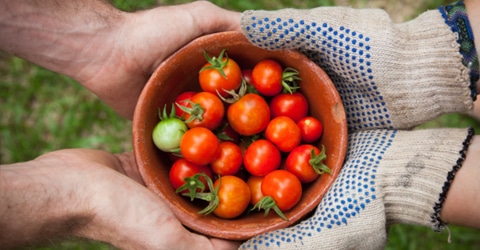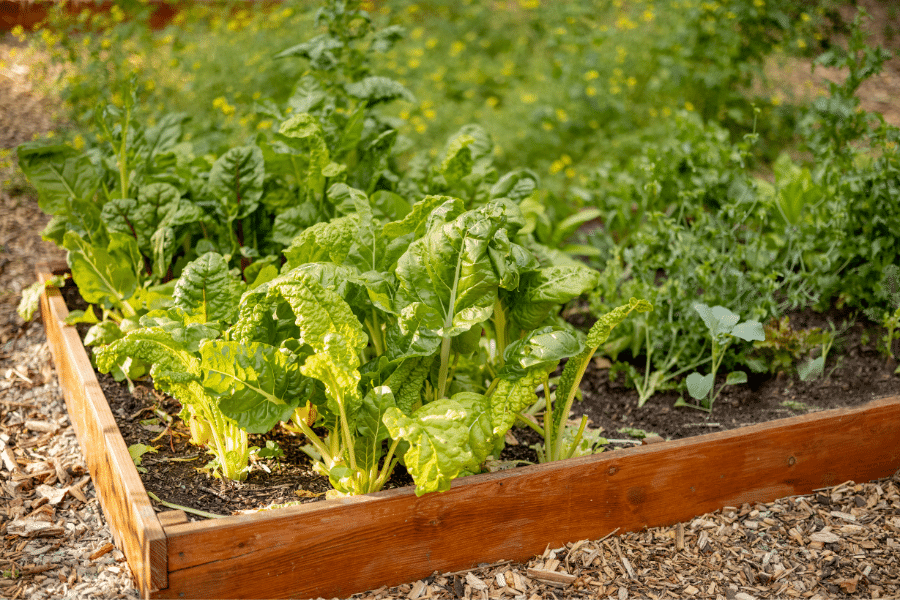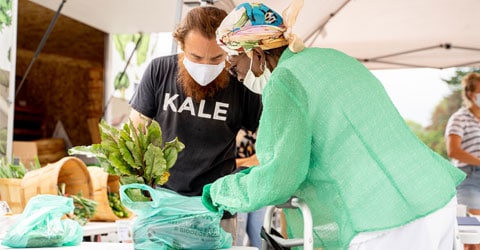
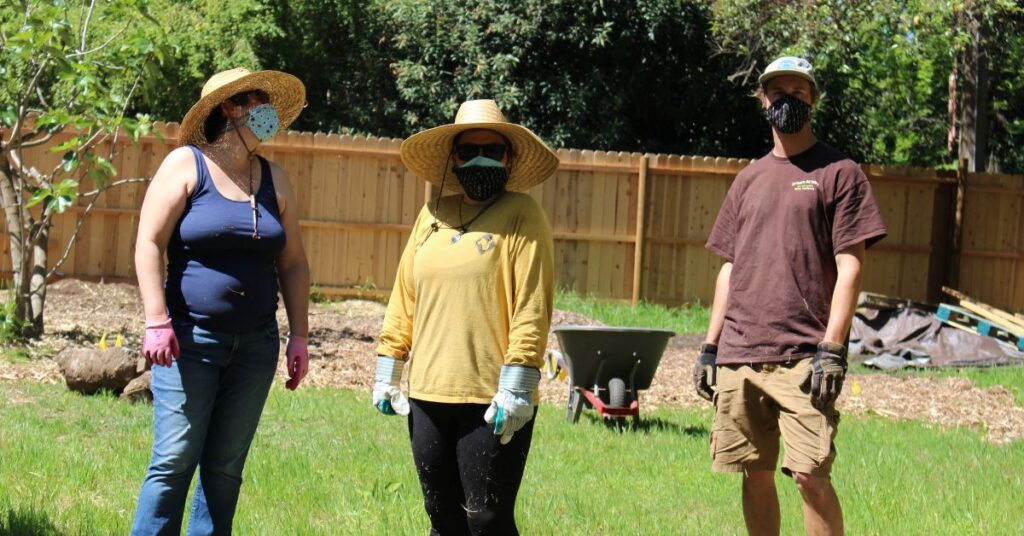
The following is an article from a Community Grant recipient.
In November 2018, the deadliest and most destructive wildfire in California’s history, the Camp Fire, consumed Paradise and the surrounding areas of Butte Creek Canyon, Concow, and Magalia. Paradise and Concow lost 95% of their structures, while much of Magalia and Butte Creek Canyon were also destroyed. The affected area included nearly 19,000 damaged structures, over 153,000 acres, 85 deaths, and more than 50,000 displaced people. Even still today, many people are living in tents without electricity. And in 2020, wildfires across the state caused similar destruction. Add to that the COVID-19 pandemic—the resulting despair, isolation, and economic tension—and the situation has only worsened.
The Camp Fire also put pressure on the surrounding communities, including Chico, California, where many displaced residents took refuge. Chico is 11.5 miles from Paradise, and it is one of the largest towns north of Sacramento in the Central Valley, home to California State University, Chico. The already severe housing shortage in Chico (less than 3% vacancy) was strained even more by the influx of fire survivors, as was the increasing homelessness crisis. Both of these contribute to increased food insecurity.
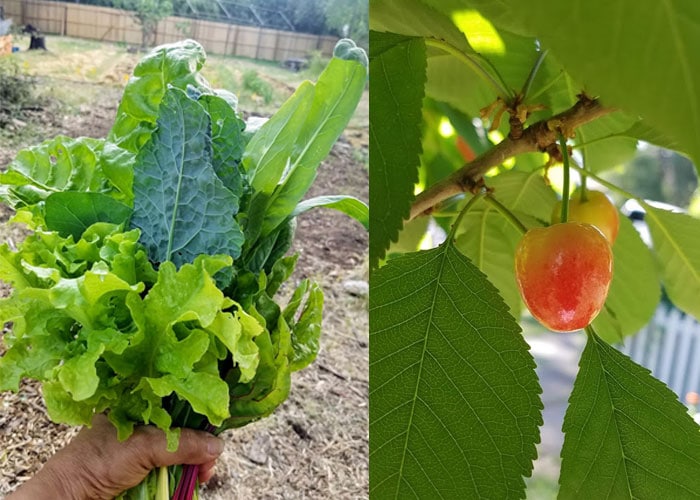
While the particulars of the fire are specific to this region, many communities worldwide are facing similar challenges during the pandemic, especially the impacts of COVID on the food system. We have seen increased food prices due to the implosion of the global “just in time” commodity food system. Furthermore, food shortages are expected to continue increasing. That means prices will rise even after families have lost the support of stimulus programs.
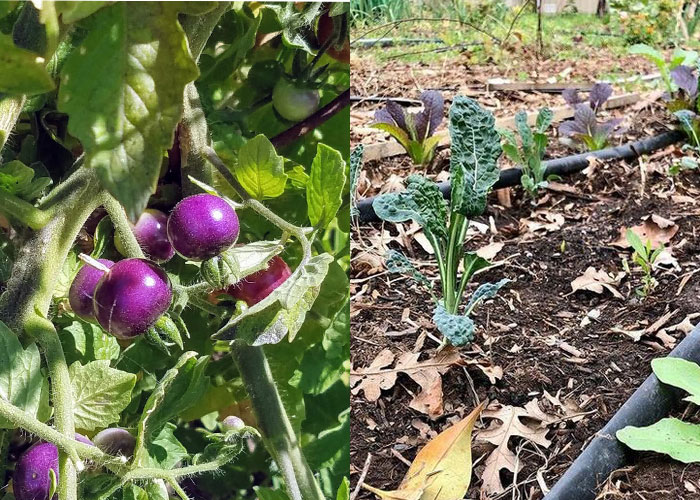
Vecino Victory Garden is a semi-public demonstration garden and permaculture food forest, which was created to address food insecurity, to increase gardening and food growing awareness, to promote the education of food and nutrition self-sufficiency, and to build a sense of community.
The Vecino Victory Garden was created to face these challenges. We are a semi-public demonstration garden and permaculture food forest created to address food insecurity, increase gardening and food growing awareness, promote the education of food and nutrition self-sufficiency, and build a sense of community. The garden is a project of the Butte County Local Food Network (BCLFN).
Vecino, Spanish for “neighbor” (Spanish for “neighbor”) Victory Garden is located on a ⅓-acre plot of land at a private residence in Chico. Commonly referred to as The Avenues, the Chico Vecino neighborhood is a residential area just north of the Chico State campus known for its beautiful older homes and cottages, large trees, and walkability. The area was part of a land grant from Mexico to General John Bidwell, the founder of Chico.
The Victory Garden includes a community garden, a food forest, a greenhouse, a pollinator pathway, a sensory garden designed especially for children, and a composting center. We also have the layout for an outdoor teaching kitchen and workshop space. With the support of a CNS grant, we’re focusing on structures for safely storing gardening and teaching equipment and supplies.
We also have a diverse community of volunteers. We’ve found that many people crave a greater connection to the earth and a community they can participate in and learn from. In the future, we plan to develop a curriculum that reaches out to marginalized communities, including at-risk youth, BIPOC, and LGBTQ+ communities. The curriculum outline includes videos, text, and interactive workshop components. The result will be a 6-month program that introduces students to the basics of growing and getting their crops to family tables.
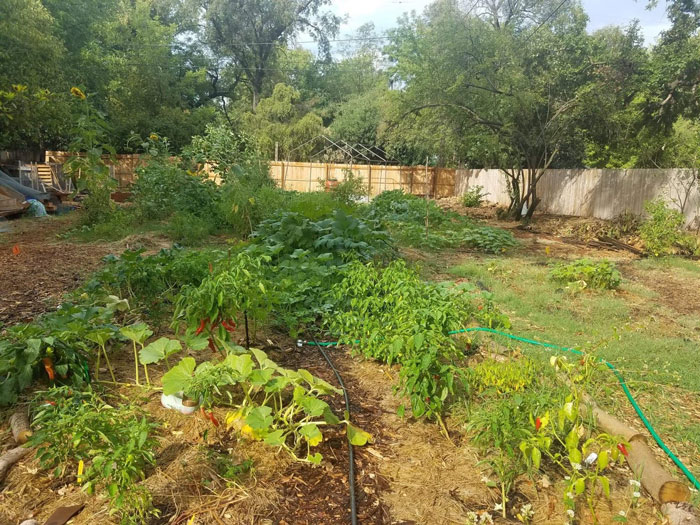
We’re excited to offer a complete neighborhood learning center for hands-on experience. We hope to continue inspiring our community to learn how to grow and use their food, and we have many ideas for achieving that goal. We are curating an intentional space to facilitate classes, workshops, field trips, and mentoring. The result is a stronger community network with a fuller knowledge of planting, harvesting, processing, preserving, propagating, etc.
We’ve seen that people who experience the thrill of growing their food are more resilient and empowered. We dream of inspiring similar Victory Gardens in every neighborhood; a community that grows food together is more together.
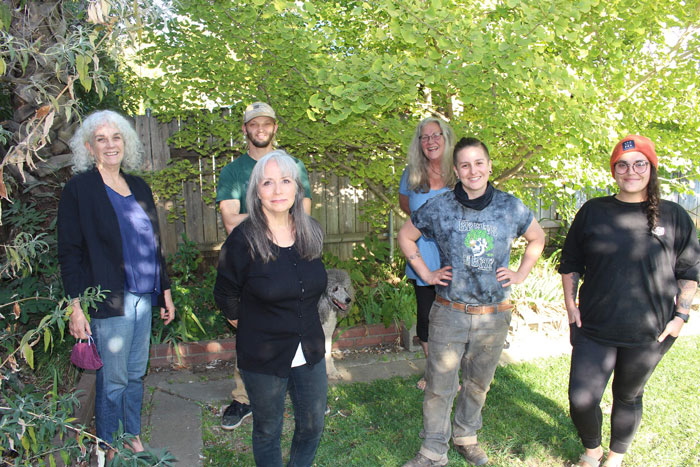
We believe the best way to foster unity, especially in a society fragmented by trauma, is to sit down with our neighbors and share in the celebration of locally grown food. Neighbors become less intimidating when we know who they are and when we learn from each other. Food and gardens can bridge divides and build relationships. We all need to eat, which makes food a great unifier. No matter who you are or what you believe, how you identify, or where you’re from, by growing, harvesting, cooking, and eating food with the people in your community, you are celebrating what makes us human.
The T. Colin Campbell Center for Nutrition Studies (CNS) is committed to increasing awareness of the extraordinary impact that food has on the health of our bodies, our communities, and our planet. Our Community Grant initiative was created to further this mission, empowering sustainable food-based initiatives around the world.
Copyright 2025 Center for Nutrition Studies. All rights reserved.
Deepen Your Knowledge With Our
Plant-Based Nutrition
Certificate
Plant-Based Nutrition Certificate
- 23,000+ students
- 100% online, learn at your own pace
- No prerequisites
- Continuing education credits
